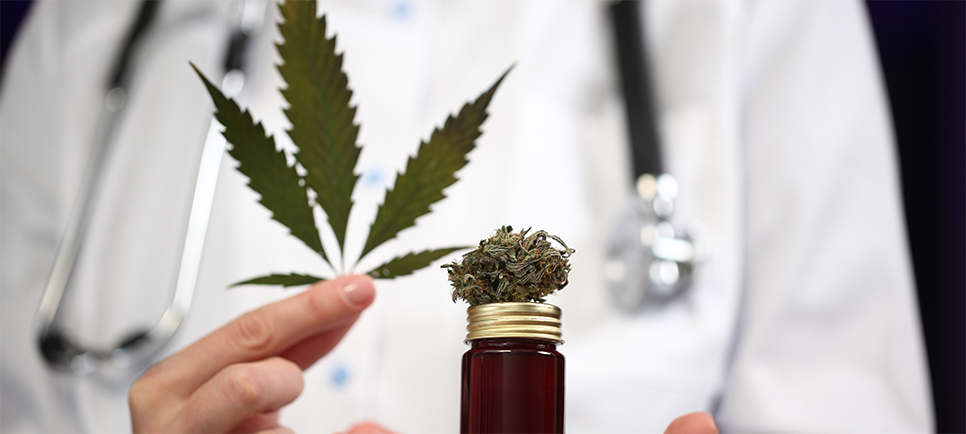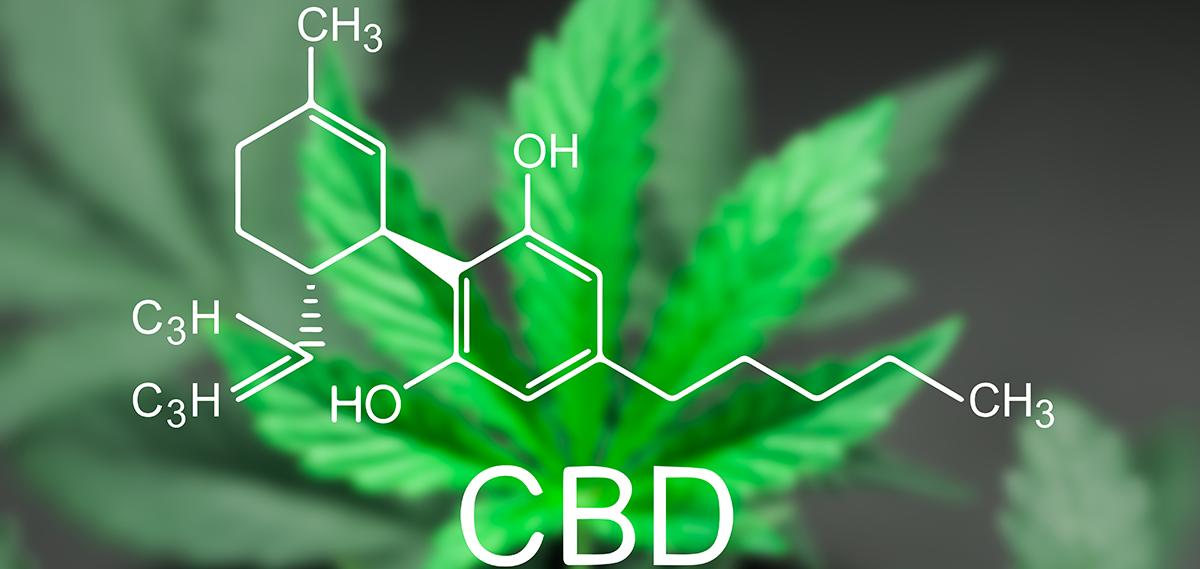
In November 2017, the WHO (World Health Organization) released a 27-page report on CBD (cannabidiol) in which the organization declared that CBD was not dangerous and not addictive. While most of the people who used CBD supplements for various health reasons already knew this to be true from anecdotal experience, the report was the first show of support for CBD by a large, reputable organization.
The WHO's report focused exclusively on CBD, and it is a document that represents science's forward progress in putting to rest some of the past misunderstandings about the cannabinoid. The WHO is a specialized agency of the United Nations. They are trustworthy by countries, governments, and individuals all around the world. For that reason, this new report played a significant role in determining how CBD would be viewed from that point on.
The report contains more information than just the verdict of "not dangerous and not addictive," of course. But, before we go into those details, it's essential to be clear on what CBD oil is, and on what it can do.

There are more than a hundred different cannabinoids found in the cannabis plant. Of these, CBD is one of the most abundant, second only to THC. Unlike THC, CBD is entirely non-psychoactive. For this reason, CBD is viewed as more useful as far as medical applications go. After all, a person seeking relief from chronic pain might not be interested in a medication that comes with psychoactive side-effects. Marijuana strains with high levels of CBD are gaining popularity, but most varieties still contain some concentration of THC.
Fortunately, CBD is present in both types of cannabis, not just marijuana. Industrial hemp, the other kind of cannabis, has THC concentrations that are close to 0%. The reason why CBD used in supplements is usually sourced from hemp: there is minimal THC involved. CO2 extraction techniques are generally used to remove the CBD from the hemp without adding any toxic byproducts from other solvents such as butane.

CBD has been rising in popularity amongst both medical and recreational users. CBD topicals are used to moisturize skin and combat symptoms of conditions like eczema and acne. These, as well as CBD's ability to relieve pain, is mostly due to CBD's proven anti-inflammatory properties.
CBD doesn't have any psychoactive effects, but it still can relax users and may reduce the severity of anxiety and depression. Several publications have reported that in this way, CBD is sufficient on its own as well as in combination with THC and other cannabinoids. When smoking marijuana, CBD works to counteract some of the less pleasant effects of a high – temporary short-term memory loss and occasional anxiety. This is because CBD functions as an antagonist to the endocannabinoid system's CB1 receptors, whereas THC is an agonist of those receptors.
CBD has also shown promise as an anti-cancer agent. The cannabinoid has shown to kill breast cancer cells in a laboratory setting. However, the study was conducted on isolated cells rather than cells hosted in a human or rodent body. CBD has also shown to slow the growth of tumors. As more research is done, we can hope that CBD could be used to help adequately with other cancer treatments. The CBD industry has also started using CBD as an ingredient in sleep supplements. CBD isn't technically a sedative, but it is known to help regulate sleep cycles alongside other compounds like melatonin.
The full version of the WHO report can be found on the WHO's website. It's a quick read, but we'll talk about the main points here. The report covers what the compound cannabidiol is: its chemistry, current medical uses, pharmacology, toxicology, and the compound's potential for dependence and abuse. The whole report is 27 pages long – 27 pages of accurate, unbiased, proven information. The sections of the report that deal with CBD's potential for addiction or abuse see the WHO take a stance that is unprecedented for such a large and influential organization. A complementary WHO article states that "current evidence also shows that cannabidiol is not likely to be abused or create dependence…" Cannabis doesn't contain any chemically addictive compounds.
THC "highs" however can become associated with pleasure, which can lead to psychological dependence or addiction. Fortunately, the risk is still fairly low. The complementary report continues to say that they "concluded that current information does not justify scheduling of cannabidiol." The document that is the topic of this article is a pre-review report. Along with this document's release, the WHO scheduled a full, comprehensive review of cannabis for May 2018.
This pre-review report was great news because it gave countries around the world a reason to start reconsidering their legislation of cannabis – or at least of CBD. The report showed that CBD is mostly harmless, making its illegal status somewhat ridiculous (especially when CBD has so many health benefits). As more research comes out, it's likely that other parts of the cannabis plant will slowly make their way down the WHO's drug schedule.